- 4510
- 0
Sharing Ideas and Updates on LPG in Nigeria and related information to enable effective collaboration within the LPG Value Chain
Removal Of Fuel Subsidy Causes Protest In Cameroon

The removal of the fuel subsidy in Nigeria has had significant repercussions for trade activities and businesses in Cameroon, particularly along the Cameroon-Nigeria border. The fuel shortage resulting from the subsidy removal has disrupted trade, stranding merchants, and affecting the movement of goods. It has also caused price increases in essential commodities and spare parts imported from Nigeria, further burdening businesses and consumers. The Cameroonian government's commitment to supplying petrol to affected areas is a step towards mitigating the fuel shortage crisis.
Nigeria, a prominent oil-producing nation in Africa, has been a source of subsidized petroleum products smuggled into Cameroon and sold informally. However, the removal of the subsidy has presented challenges for Cameroonian entrepreneurs who are grappling with escalating fuel prices.
Traders residing in towns and villages along Cameroon's border with Nigeria have reported a decline in business since President Bola Tinubu announced the discontinuation of fuel subsidies on May 29th. This vast border spanning over 2,000 kilometers serves as a hub for numerous trade activities involving cattle, cotton, food, and various other products exchanged between the two countries.
Alphonsine Ngaba, a 33-year-old merchant, typically purchases beauty and cosmetic products in Nigeria for resale in Limani, a town located in northern Cameroon. She laments the adverse consequences of the fuel subsidy's termination, which has resulted in fuel shortages, impeding trade on both sides of the border. Ngaba reveals that numerous merchants returning from Nigeria have become stranded for days in Limani, where numerous trucks, vehicles, and motorcycles are idling due to the scarcity of fuel. Over the past two weeks, towns and villages along Cameroon's border, which rely solely on Nigeria for petrol, have experienced a fuel shortage.
Ngaba further highlights that a few drivers entering Cameroon have voiced complaints about the high fuel prices in Nigeria, leading them to double the transportation fees for goods.
According to Cameroon's National Institute of Statistics, more than 30 percent of Cameroonians purchased petrol from Nigeria in 2022. Nigerian petrol was priced at around 50 cents per liter, while petrol supplied by Cameroon's state oil firm SONARA was sold for over one dollar per liter.
President Tinubu justified the removal of the subsidy by pointing out the rampant smuggling of petrol into neighboring countries such as Cameroon, Chad, and Benin. This decision has had a profound impact on local petrol importers like Donatus Manga, who operates in Buea, a town near Cameroon's southwestern border with Nigeria. Manga explains that the price of petrol imported from Nigeria has more than doubled in the past ten days, significantly impacting his business. Previously, he could sell up to 2,000 liters of petrol per day but currently struggles to sell even 200 liters due to the soaring prices from Cross River state in Nigeria. Additionally, Manga's supplier has faced challenges in importing petrol from Cross River state for the past two weeks.
The fuel situation has had broader implications in Cameroon's border towns and villages, leading to a 15 percent surge in prices of essential commodities and motor spare parts imported from Nigeria.
To address the fuel shortage, the Cameroonian government has pledged to supply petrol to affected towns and villages in need.
In conclusion, the events taking place in Cameroon, specifically the doubling of gasoline prices following the removal of fuel subsidies, can have certain implications for Nigeria. Here are a few potential impacts:
Smuggling Reduction: The Nigerian government's decision to remove the fuel subsidy was motivated in part by the significant smuggling of subsidized petroleum products into neighboring countries, including Cameroon. With the increase in fuel prices in Cameroon, the incentive for smuggling from Nigeria may decrease. This could result in a reduction in the illegal outflow of petroleum products, which could benefit Nigeria's economy and help stabilize its domestic fuel market.
Market Shift: The rise in gasoline prices in Cameroon may lead to changes in trade dynamics between the two countries. If Cameroonian businesses find it economically challenging to continue importing fuel from Nigeria, they may explore alternative sources or reduce their dependence on Nigerian petroleum products. This could potentially impact Nigeria's export market for petroleum products and require Nigerian suppliers to seek new buyers or adjust their pricing strategies.
Energy Sector Considerations: The fuel shortage and rising prices in Cameroon may prompt increased interest in alternative energy sources, including liquefied petroleum gas (LPG). If businesses and consumers in Cameroon face difficulties with gasoline availability and affordability, they may explore alternative energy options such as LPG. This could potentially create opportunities for Nigerian LPG producers and suppliers to tap into the Cameroonian market, thereby benefiting Nigeria's LPG industry.
It is important to note that the specific impact on Nigeria would depend on various factors, including the duration and extent of the fuel shortage in Cameroon, the response of businesses and consumers in both countries and potential government interventions.
- Fuel subsidy
- Removal of fuel subsidy in nigeria
- Bola ahmed tinubu
- Cameroon protest
- Motorcyclists protest in cameroon
- Fuel
- Peaceful protest in solidarity





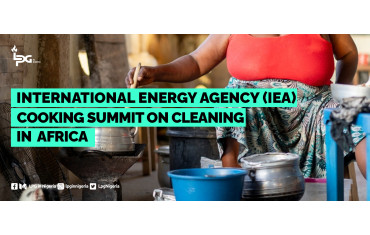
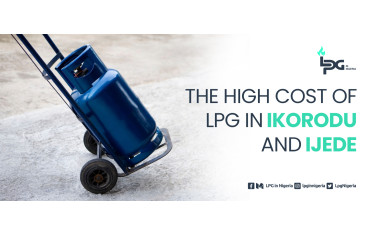
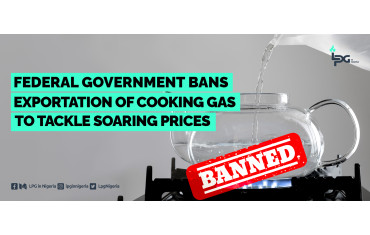

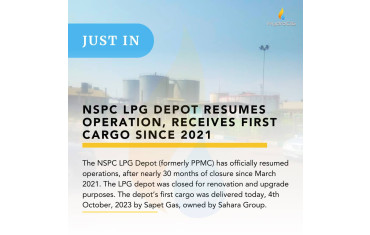
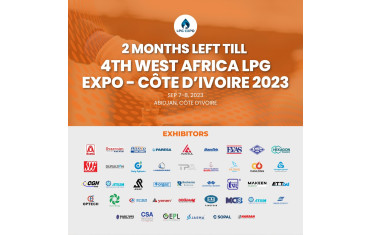
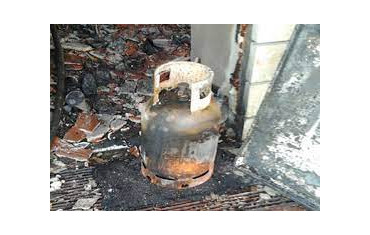




0 Comment.